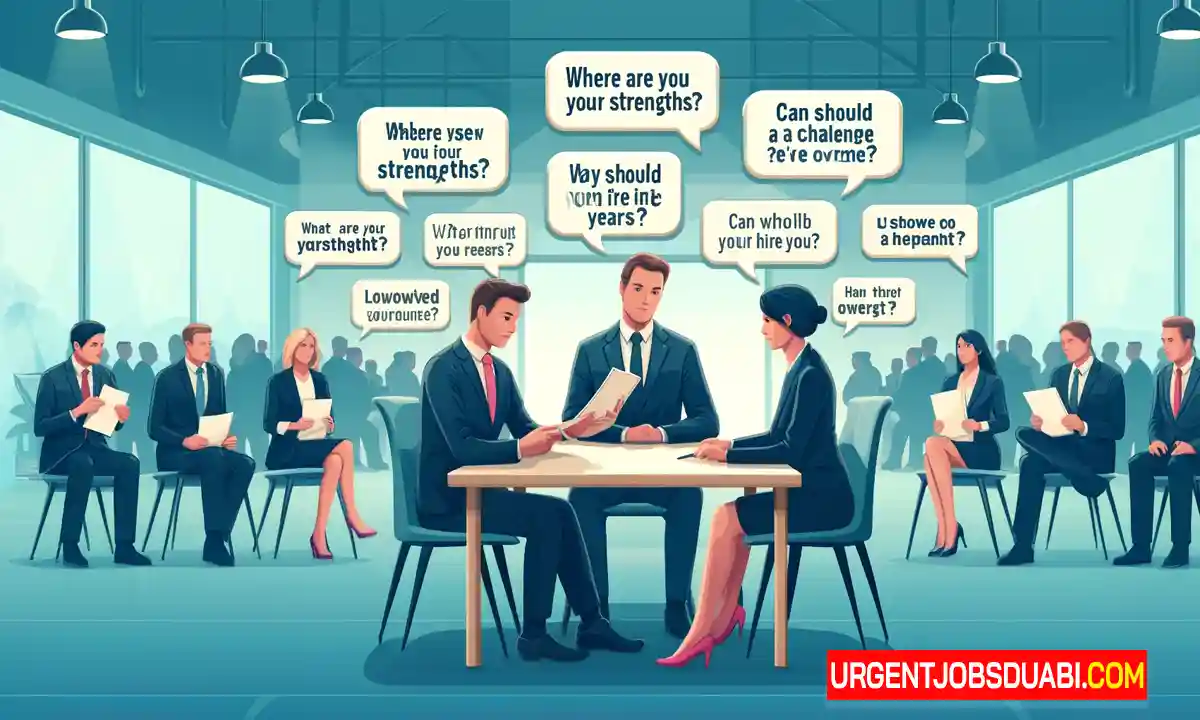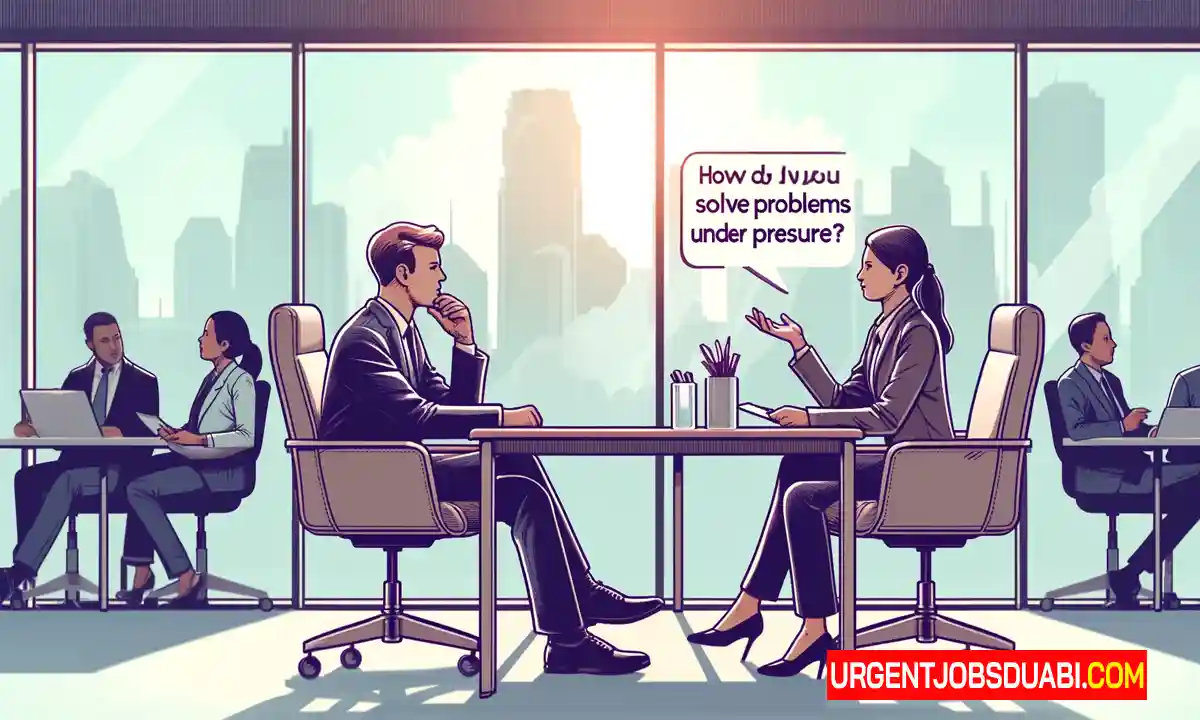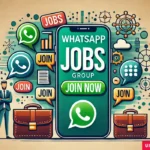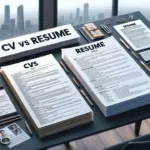Introduction:
Preparing for a job interview can be quite a daunting experience, but proper preparation can ensure that you come out the best fit for any job. This guide walks you through all the steps to be conducted in preparation for an interview: understanding the process of interview, preparation for interview questions, nailing the art of follow-up, and how to practice self-confidence.
1. Understand the Interview Process: Interview Preparation
Before you dive headlong into preparation, it helps to understand the various types of interviews you might have to face:
- Phone Interviews: Frequently used as a screening interview.
- Video Interviews: Practiced very often in a remote hire. The candidate needs to have reliable internet and an area with minimal noise.
- Traditional in-person interviews where non-verbal communication and attire play a big part.
- Group Interview: Skills in teamwork being evaluated by more than one candidate.
- Panel Interviews: Consist of several interviewers, usually for the purpose of observing how the candidate reacts under pressure.
2 Researching the Company:
The proper preparation of an interview is built on detailed research.
- Research on the company, and get to know its mission, values, culture, and recent accomplishments.
- Know your Role: Be conversant with the job description, the skills expected, and the list of responsibilities.
- Explore the Industry: Keep up with the current industry trends and what they could mean for the business.
Preparing your responses
Anticipate likely interview questions and practice your answers:
- Behavioural Questions: Be prepared with the STAR technique, which includes situation, task, action, and result, to structure your answers.
- Technical Questions: Test the job with any relevant technical knowledge or case studies.
- Questions About the Company: Demonstrate your enthusiasm and understanding of where the company is positioned within its industry.
4. Good First Impressions:
First impressions count in an interview.
- Dress appropriately: Wear appropriate clothing that is matched to the company’s culture.
- Be Punctual: Be early at the site of the interview, or sign in before the time for virtual settings.
- Watch your body language: Self-confidence is in the way that you walk, and the manner in which you make eye contact and smile.
5. Practicing Mock Interviews:
Simulate the interview experience.
- Mock interviews: Practice with your friends, mentors, or professional services.
- Record Your Practice: Listen through your recording sessions for improvements in your delivery and body language.
- Request Feedback: Constructive criticism will help you change your approach.
6. Preparing Questions to Ask:
Demonstrate your interest in the position by asking interesting questions:
- About the Role: Ask about what the day-to-day looks like and what success in this role is.
- Ask them about the team structure and your position in the team.
- On Company Culture: Glimpse into the core values and employee initiatives.
7. On the Day of Interview:
Get ready to ensure your day is as stress-free as possible:
- Review Your Notes: Go over your research and prepared responses.
- Bring copies of your resume, a list of references, and any other relevant documents.
- Route plan: Get directions to the interview site, or check your technology set-up.
8. Follow-Up:
Proper post-interview etiquette can be a distinguishing factor:
- Write a Thank-You Note: Send thanks for the chance to speak with you.
- Reiterate your interest: Remind them very briefly just why you are a great fit for the job.
- Just be patient. If you have not heard at the time frame that they gave, follow up.
Conclusion:
The job interview is your opportunity to shine and prove that you are the best fit for a job. With full preparation and confident presentation, you can sail through a job interview successfully. Of course, each of your interviews is its own learning experience to better prepare you for others in the future.





